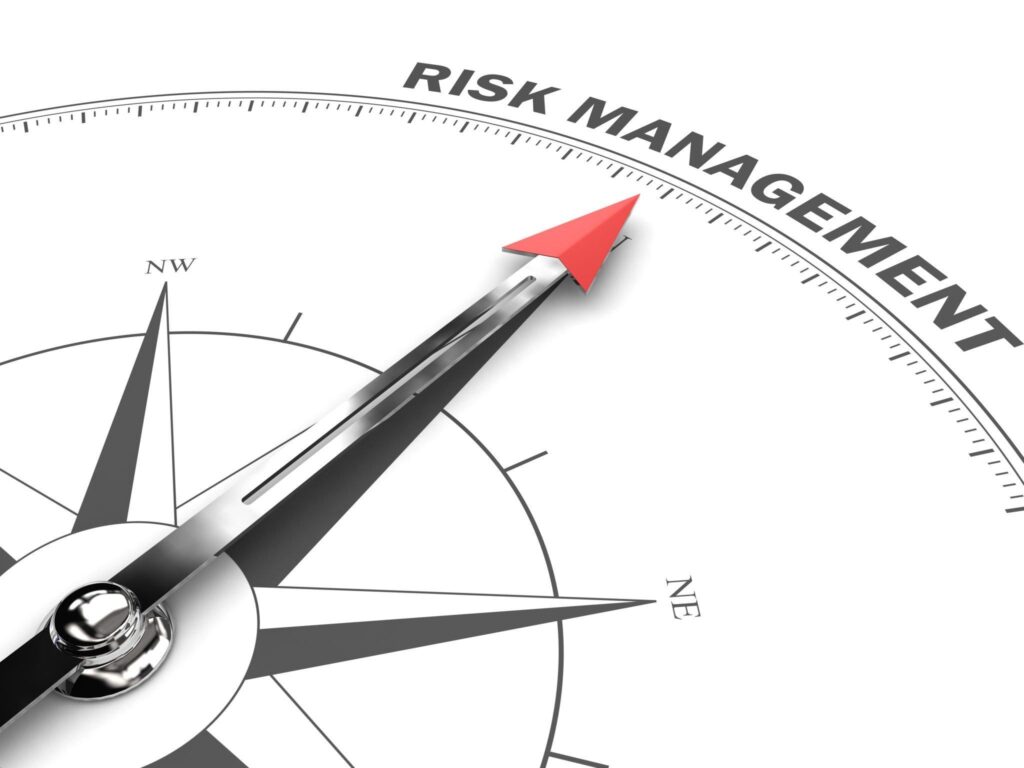Globalization has interconnected the world, enabling businesses to expand their reach and access new markets. However, this interconnectedness has also introduced new risks, such as supply chain disruptions and geopolitical tensions. In today’s globalized world, effective risk management is crucial for businesses to navigate these complexities and ensure their long-term success.
Supply Chain Disruptions
The COVID-19 pandemic exposed the fragility of global supply chains, leading to widespread disruptions and shortages. Businesses that were heavily reliant on single-sourced suppliers faced significant challenges when these sources were disrupted. The pandemic also highlighted the vulnerability of supply chains to natural disasters, geopolitical conflicts, and other unforeseen events.
Geopolitical Risks
The rise of geopolitical tensions has added another layer of complexity to risk management. Trade wars, political instability, and sanctions can disrupt supply chains and create economic uncertainty. Businesses operating in a globalized world need to be aware of these geopolitical risks and have strategies in place to mitigate their impact.
Strategies for Addressing Supply Chain Disruptions and Geopolitical Risks
1. Diversify Suppliers
Relying on a single supplier can make a business vulnerable to disruptions. Diversifying suppliers across different regions can help to reduce this risk.
2. Nearshore and Reshore Manufacturing
Nearshoring involves moving manufacturing operations to a closer location, while reshoring involves bringing manufacturing back to the home country. These strategies can help to reduce the impact of supply chain disruptions and geopolitical risks.

3. Invest in Supply Chain Visibility
Having real-time visibility into supply chain operations can help businesses identify and respond to disruptions quickly. This can be achieved through the use of technology such as artificial intelligence (AI) and machine learning (ML).
4. Build Strong Relationships with Suppliers
Strong relationships with suppliers can help to ensure that businesses are kept informed of any potential disruptions. Regular communication and collaboration can help to build trust and cooperation.
5. Scenario Planning
Scenario planning involves developing strategies for a variety of potential disruptions. This can help businesses to be better prepared for the unexpected.
6. Build a Culture of Risk Management
Risk management should be embedded into the culture of an organization. This means that all employees should be aware of the risks faced by the business and have a role to play in managing them.
7. Continuously Monitor and Update Risk Management Strategies
The world is constantly changing, so it is important for businesses to continuously monitor and update their risk management strategies. This will help to ensure that they are prepared for the latest threats and opportunities.
Conclusion
Effective risk management is essential for businesses operating in a globalized world. By diversifying suppliers, investing in supply chain visibility, building strong relationships with suppliers, conducting scenario planning, and embedding risk management into the culture of the organization, businesses can navigate the complexities of supply chain disruptions and geopolitical risks and ensure their long-term success.

